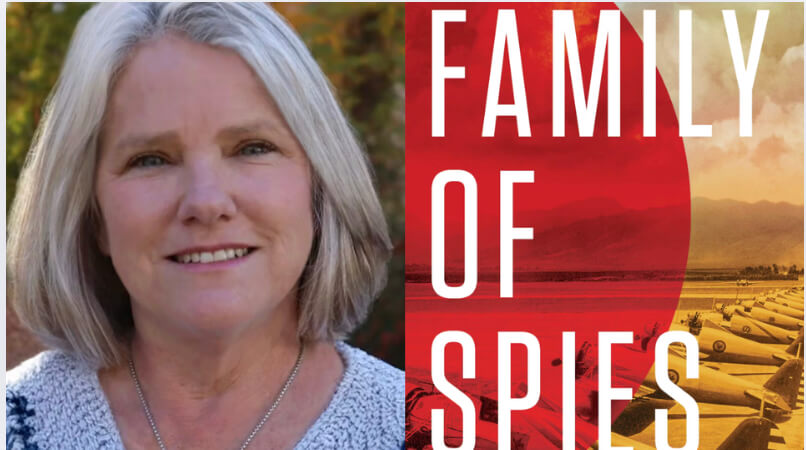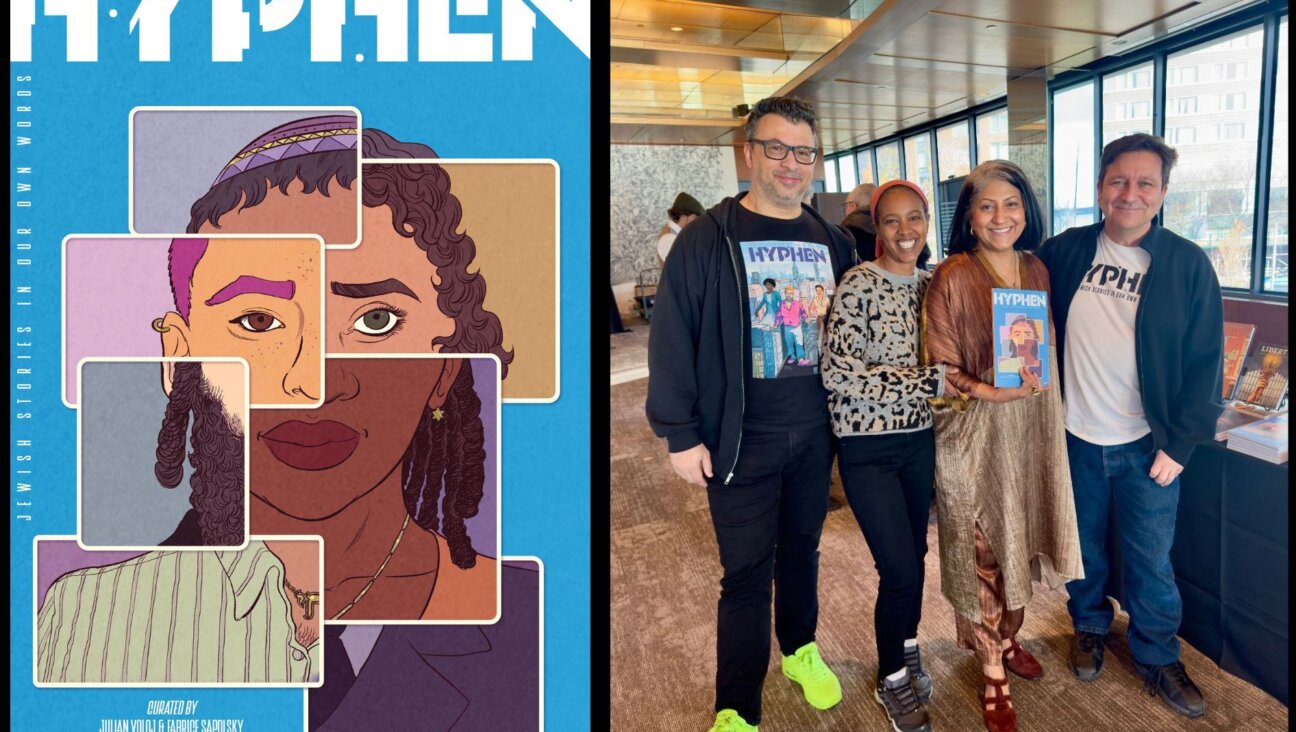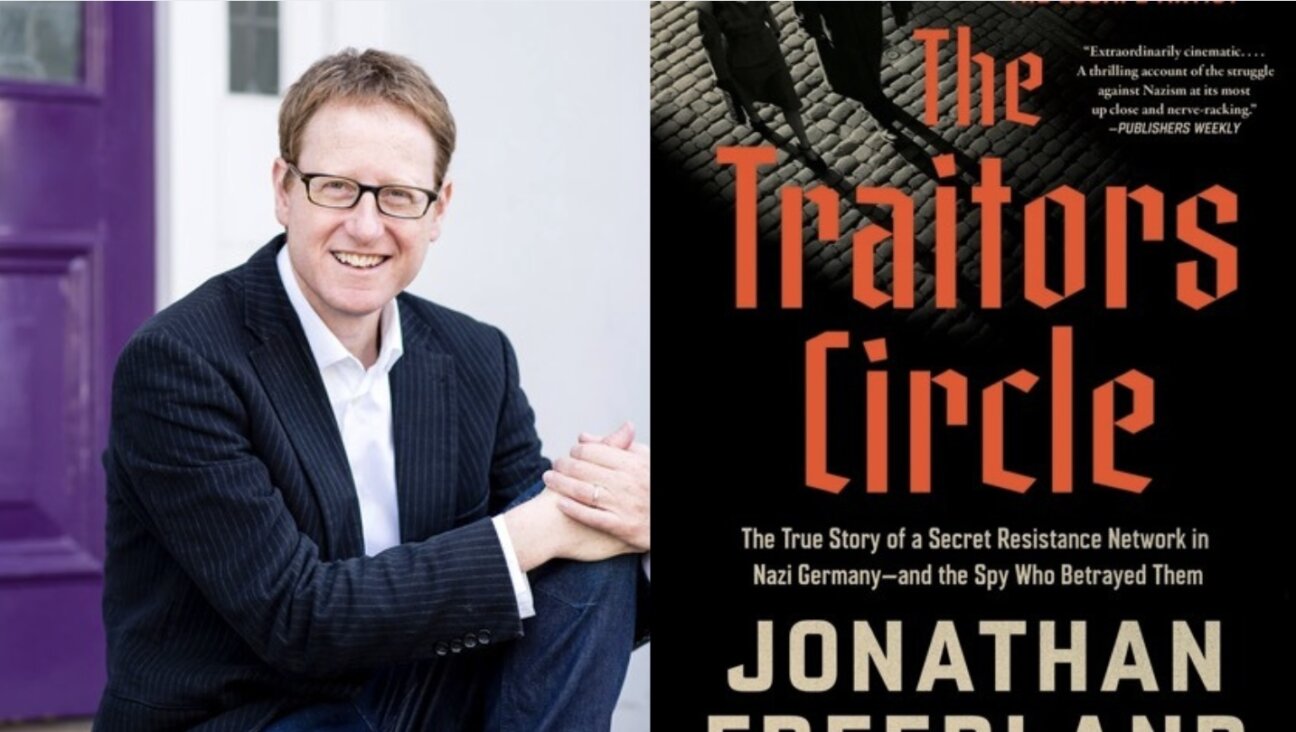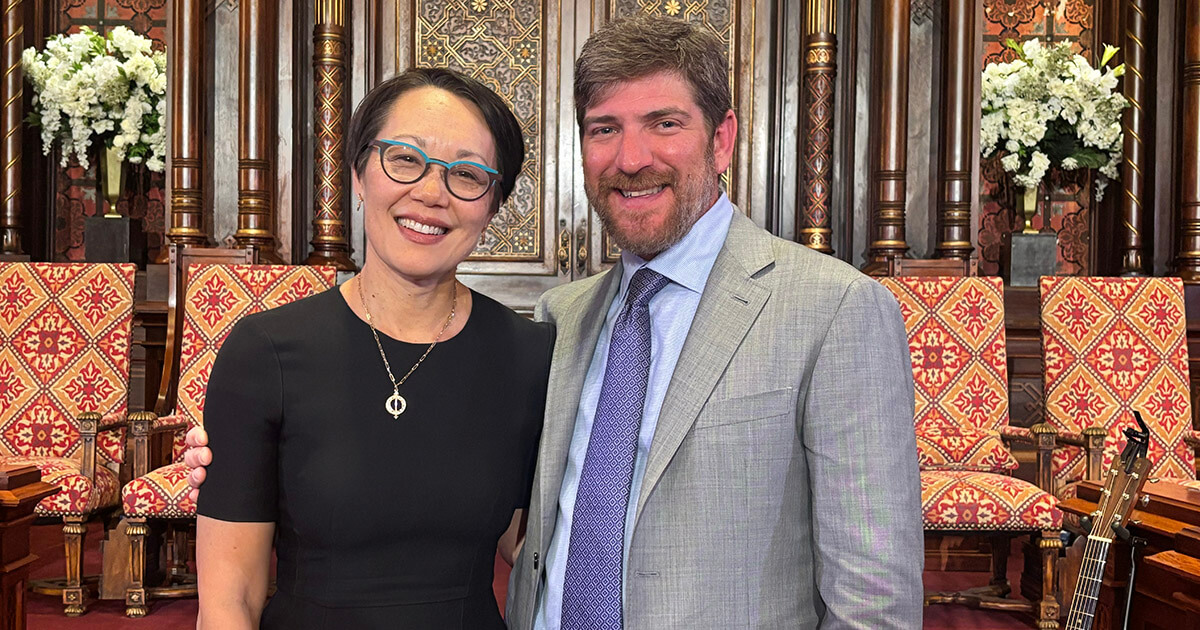Jewish Writer

Graphic by Angelie Zaslavsky
Earlier this week, David Albahari wrote about the madness of one-paragraph novels and the author’s voice. His blog posts are being featured this week on The Arty Semite, courtesy of the Jewish Book Council and My Jewish Learning’s Author Blog Series. For more information on the series, please visit:
Being a Jewish writer is no different from being any other kind of writer. I don’t believe that Jewish writers have any special mission, or that they see the world in a different way, which would give them any advantage over other writers. Only one thing matters when you are a writer: the way you use your language and what you do with it. It does not matter whether you are religious or secular, formally educated or uneducated, involved in tradition or having nothing to do with it – the only thing that matters is your ability to tell stories or sing songs in a way that has not been done before.
So how do we define a Jewish writer? This question is sometimes very important for Jewish writers who live in small secular Jewish communities in the Diaspora, like the one in Serbia where I come from. For me, a Jewish writer is a writer of Jewish origin who writes mainly on Jewish themes.
It can be argued that when a national literature is defined we never base our definition on the themes of literary works. This is true but it is because we have other criteria such as language and territory. We could introduce language into our definition of the Jewish writer, and there would obviously be at least three: Hebrew, Yiddish and Ladino, but then we would lose a large number of Jewish writers writing in non-Jewish languages, writers such as Joseph Roth, Saul Bellow, Bernard Malamud, or Danilo Kis. And finally, it is impossible to include any specific territory in our definition as Jewish writers live all over the world.
The unique history of the Jewish people has contributed to the unique position of Jewish literature. Serbian Jewish literature is both part of a national literature — because of the fact that Serbian Jewish writers write in Serbian — and part of multilingual worldwide Jewish literature. This means that it would be seen as one of a number of ethnic literatures that belong to Serbian literature in general. In other words, worldwide Jewish literature consists of a large number of ethnic Jewish literatures just as the world Jewish community consists of many different Jewish communities. It is diversity that makes us — both as a people and as writers — what we truly are.
David Albahari is the author of the new novel “Leeches.”
The Jewish Book Council is a not-for-profit organization devoted to the reading, writing and publishing of Jewish literature. For more Jewish literary blog posts, reviews of Jewish books, book club resources, and to learn about awards and conferences, please visit www.jewishbookcouncil.org.
MyJewishLearning.com is the leading transdenominational website of Jewish information and education. Visit My Jewish Learning for thousands of articles on Judaism, Jewish holidays, Jewish history, and more.
















